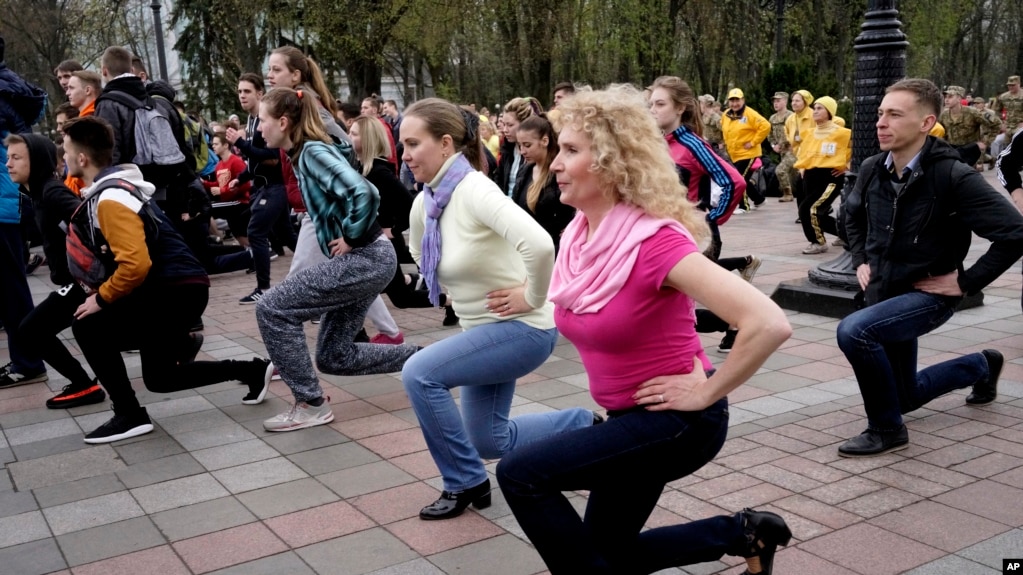- Sep 22, 2013
- 4,956
- 250
- 85
Gatorade Grade
Gatorade, simply a sports drink, is suggested to improve mental vigor which can alleviate symptoms of anxiety/depression.
Go figure. Strength and honor...
Gatorade, simply a sports drink, is suggested to improve mental vigor which can alleviate symptoms of anxiety/depression.
Go figure. Strength and honor...










